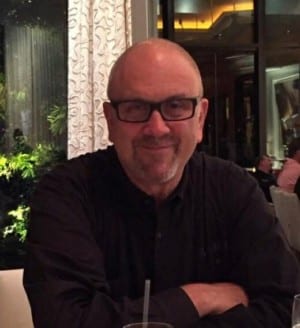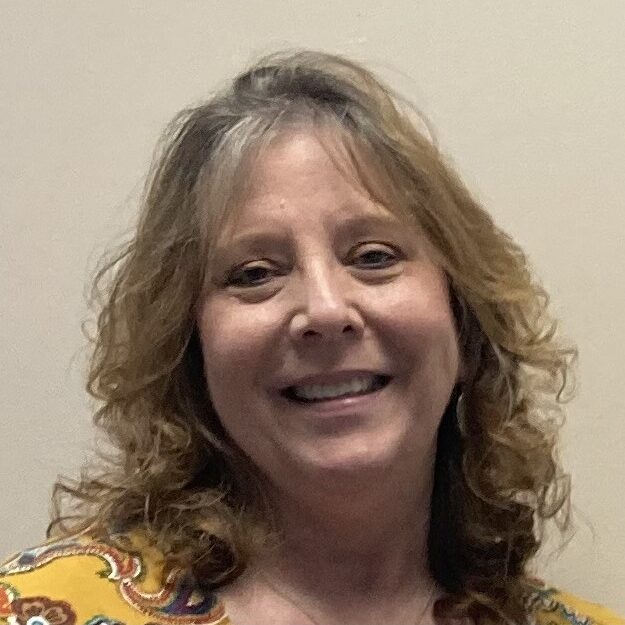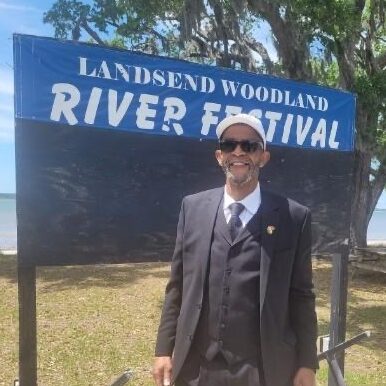
Terry P.
Multiple Myeloma
On November 22, 2004, Dr. Harold Mandell, a hematologist at the Center for Cancer and Blood Disorders in Fort Worth, Texas, looked Terry Purdom in the eye and told him he had Multiple Myeloma, a relatively rare and incurable bone marrow cancer.
Terry looked back at the doctor and smiled. Dr. Mandell said, “Terry, I’ve never had anybody smile at me when I told them they have a terrible disease.”
And since that day, over 12 years ago, Terry hasn’t quit smiling.
“I’d had a great childhood and a great life,” he explains. “But a few months before my diagnosis, I went through a dark time – I felt something wasn’t right. I was having trouble sleeping, and kept thinking, ‘What have I done in life? I haven’t left my mark on society. What have I accomplished?’ So when Dr. Mandell told me I had cancer, I just smiled, thinking, ‘Well there it is – my whole life is about to change.’”
And change it did. Terry, then age 49, soon lost his job, and along with it, his insurance. He signed up for highly-expensive risk pool insurance until he could no longer afford the premiums. “I went to tell Dr. Mandell I was canceling my insurance,” remembers Terry, “and without missing a beat, he said, ‘We’ll keep taking care of you; we just won’t charge you.’ Now can you imagine a hospital saying that?”
While Dr. Mandell’s services were free, Terry’s medication, Revlimid, still cost $7,000 per month. So the center connected Terry with Celgene, the drug’s manufacturer. Through one of their programs, he received the medication at no cost until 2013, when the program was canceled, due to the Affordable Healthcare Act. Next, Terry signed up for benefits from the Veterans’ Association, and today he receives his Revlimid and has his tests done there, all free of charge. Dr. Mandell, of course, continues to oversee his care and review all of his blood work.
“The last 12 years have been a roller coaster ride, but the one constant has been this community clinic,” says Terry, who goes every week to visit the center, which he regards as a true refuge. “It’s personal and it’s full of hope. All the doctors know that if someone has been diagnosed with multiple myeloma, they can give them my phone number. A lot of people Google the disease and read that they have four or five years to live. But then they meet me and they meet hope. Above all, this clinic has afforded me the opportunity to help others, and one thing I’ve found out is that if you can help other people, it takes the sting away from having cancer.”
Looking back, Terry is extremely grateful for being treated at a community oncology clinic. “Everyone there – from the CEO to all the doctors – they lean on me and me on them,” he says. “There’s no way a hospital would be like that. It’s such a family atmosphere and I know that Dr. Mandell genuinely cares for me. At the VA, I’m a number. But here, I’m Terry.”




